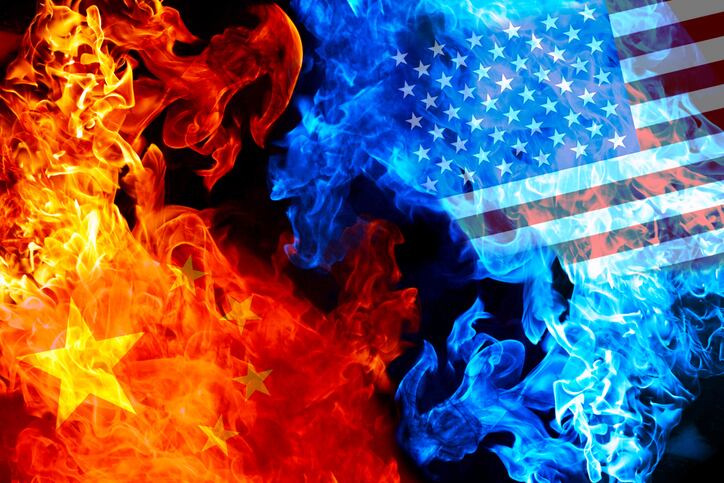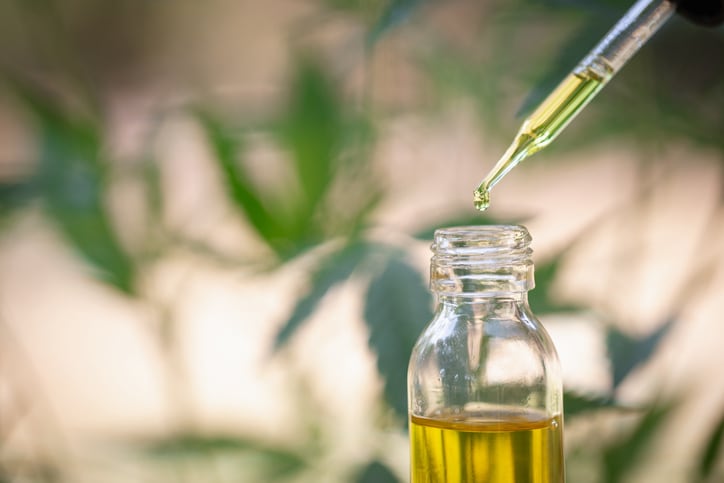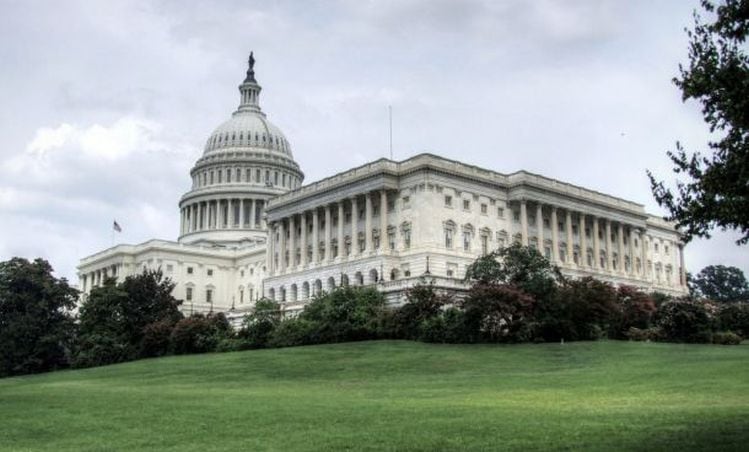Recently President Trump chose to impose a 10% tariff on a lengthy additional slate of Chinese goods. Combined with earlier tariff lists this means that essentially all goods coming out of China will have at least an additional 10% tacked on to what they would have cost just months ago.
Trump has used the imposition of tariffs as a bargaining chip in a so far unsuccessful attempt to get a better deal on trade from the government of Chinese president Xi Jinping. Trump’s latest about face came just days after an ultimate agreement appeared near.
International trade experts agree that there are longstanding serious issues in US-China trade. These include an unlevel playing field when it comes to market entry and the required transfer or the outright theft of technology developed in the US. But those same experts say a trade war benefits neither party in the end.
Adulteration has been ever with us
Adulteration issues are a constant drumbeat in the dietary supplement industry. In a way this is just human nature. A certain percentage of traders in any class of goods will seek ways to cut corners and maximize profits. Back in 2011, HerbalGram, a publication of the American Botanical Council, published a history of botanical ingredient adulteration that pointed to evidence of adulterated wine and olive oil shipments from antiquity.
ABC is a partner in a well known and well supported initiative called the Botanical Adulterants Prevention Program. The American Herbal Pharmacopoeia and the National Center for Natural Products Research at the University of Mississippi are partners in the program. BAPP publishes botanical adulterant bulletins and lab guidance documents to alert the industry to trends in adulteration, what the common adulterants are for given botanicals, and how to look for them.
The good and bad of Chinese supply
ABC founder Mark Blumenthal said the adulteration issue has been a longstanding thorn in the sides of companies importing ingredients from China. The tariff hubbub might exacerbate the situation to some slight degree, but doesn’t fundamentally alter the underlying issue.
“We know that there is some good quality herbal material coming out of China,” Blumenthal said. “A number of companies have worked out very reliable supply chains for both raw materials and herbal extracts.”
Blumenthal said, though, that the opposite is true, too. Of the adulterated material on the global market, a significant percentage of it originates in China. The irony of the current situation is that the junk is going to cost more, too.
“The huge irony of the tariffs is that people are going to be paying more for material that is substandard or even fraudulent. People are often buying that material to save money and to get something for the lowest possible price,” he said.
10% change in price doesn’t alter fundamental math
Continued vigilance is called for to make sure that incoming material is what it says it is. Tariffs or no tariffs, for years there have been huge ranges of prices of botanical ingredient. If the going rate for a given botanical might be, say, $50 a kilo and some material is offered for $15, it seems obvious that that lot can’t consist 100% of the stated material, unless a buyer lucked into a once-in-a-lifetime score, such as buying up a lot out of a bankruptcy.
Adding 10% onto the cost of a batch like that doesn’t change the fundamental premise that if something sounds too good to be true, it probably is.




